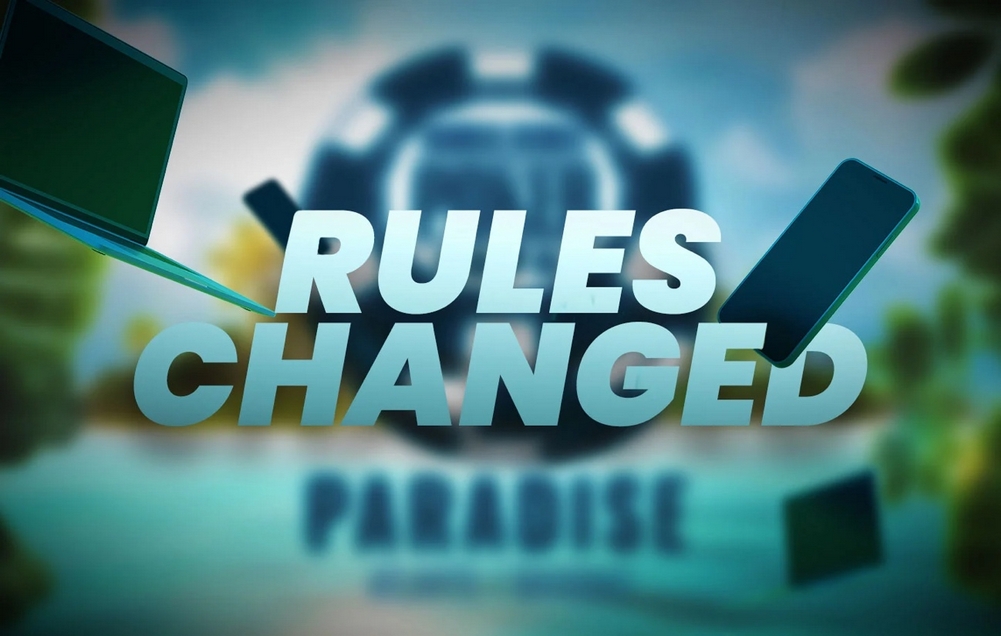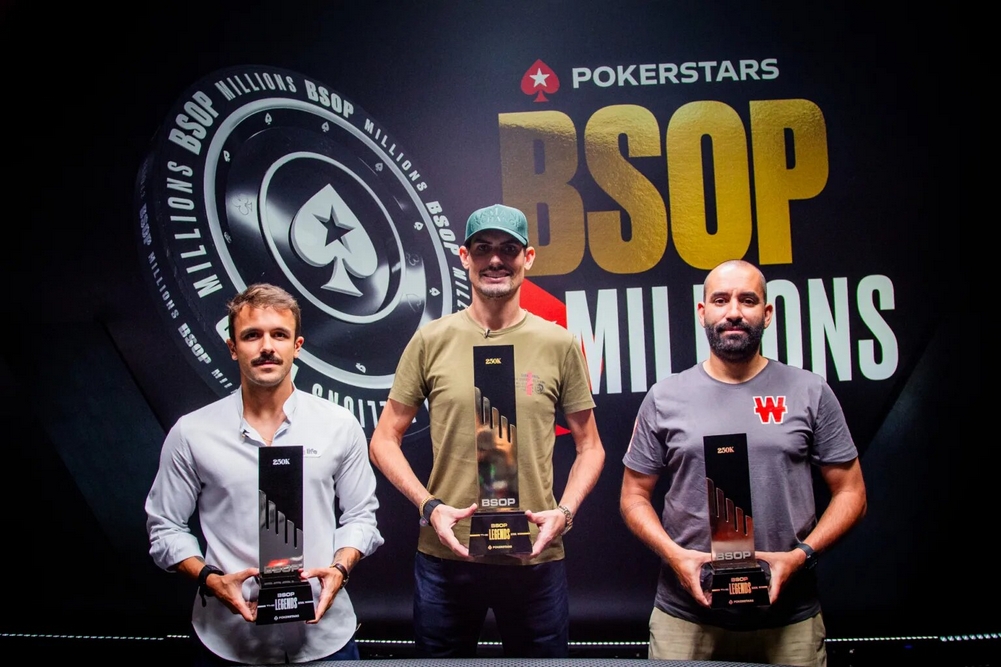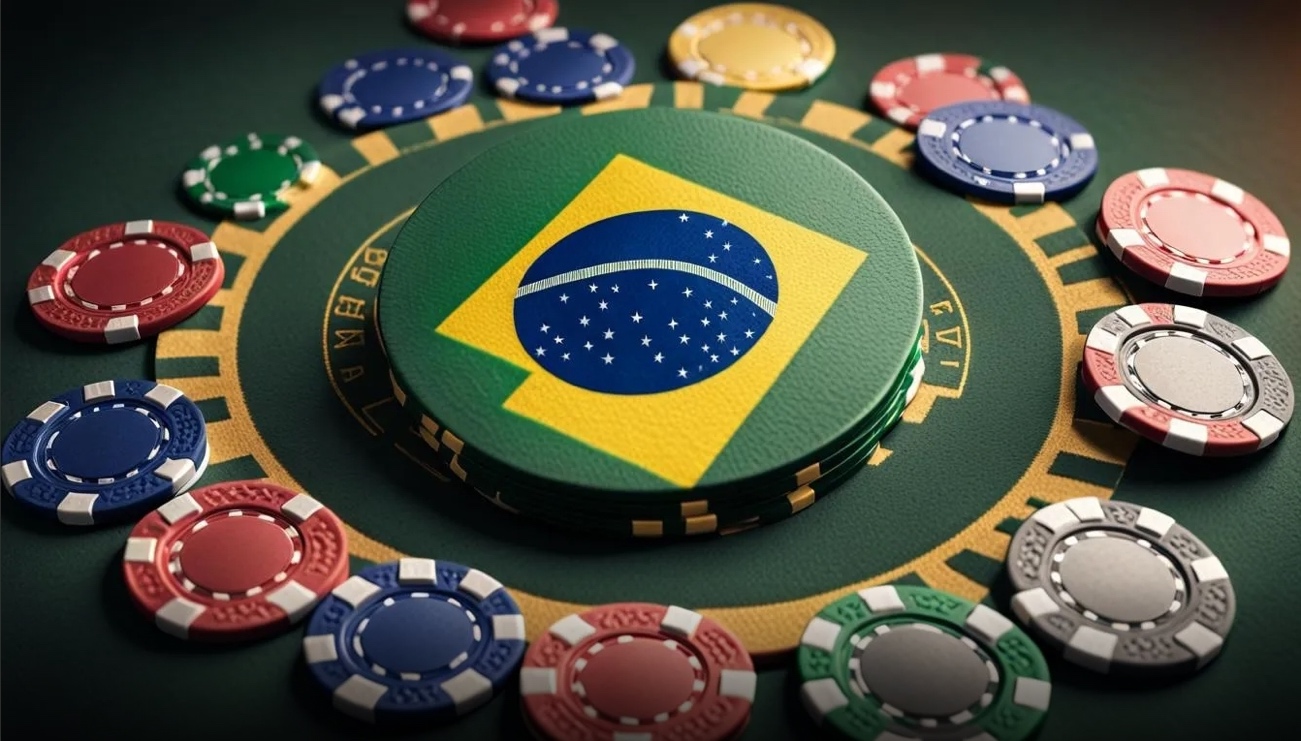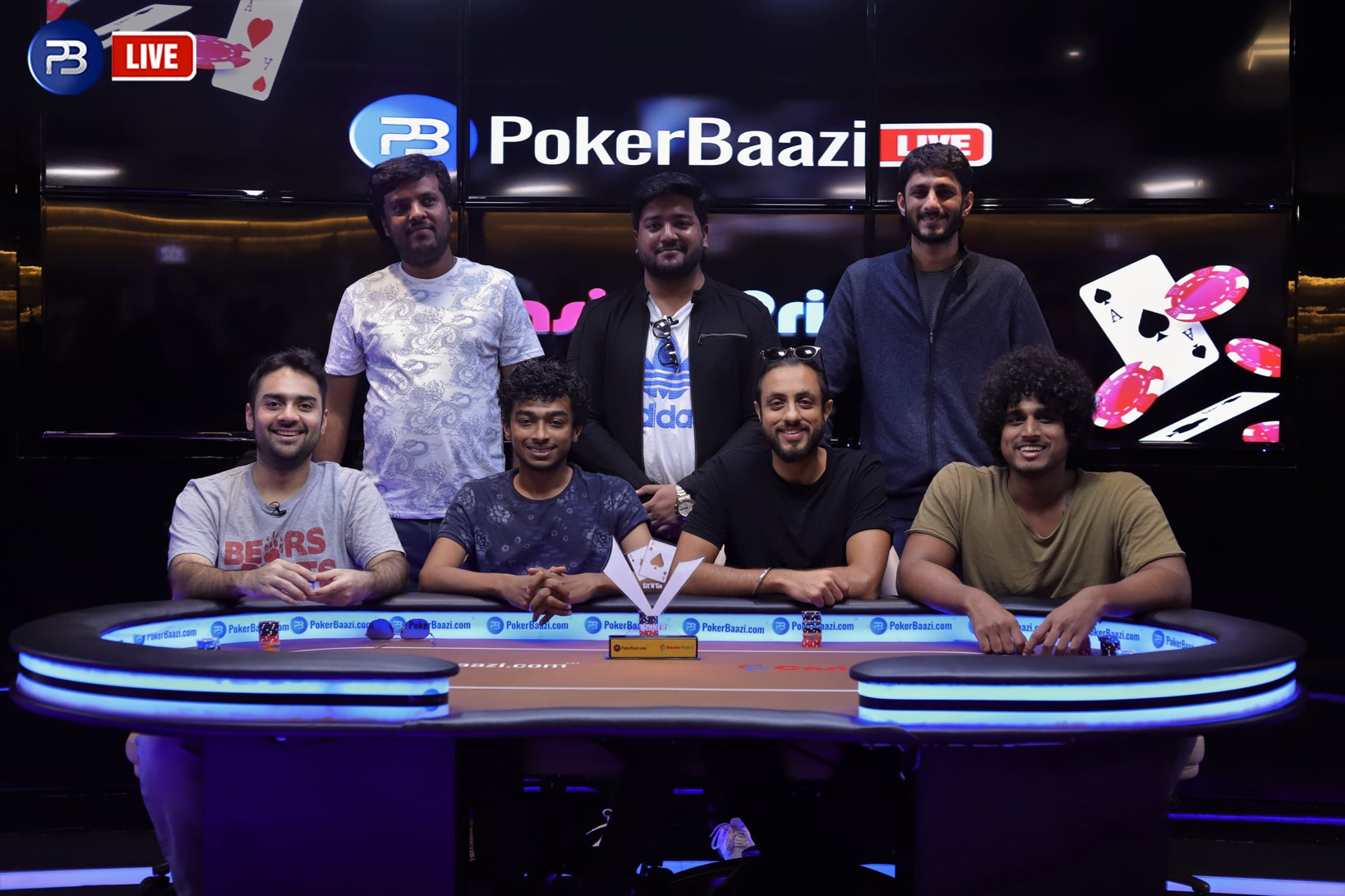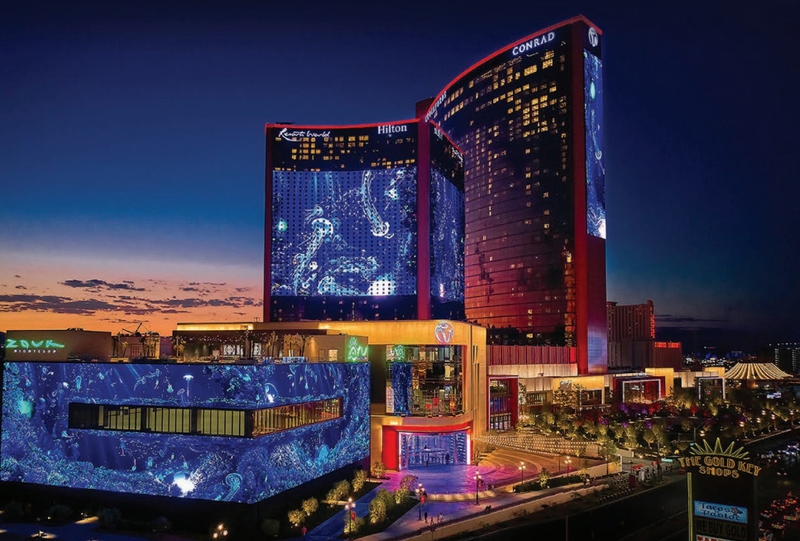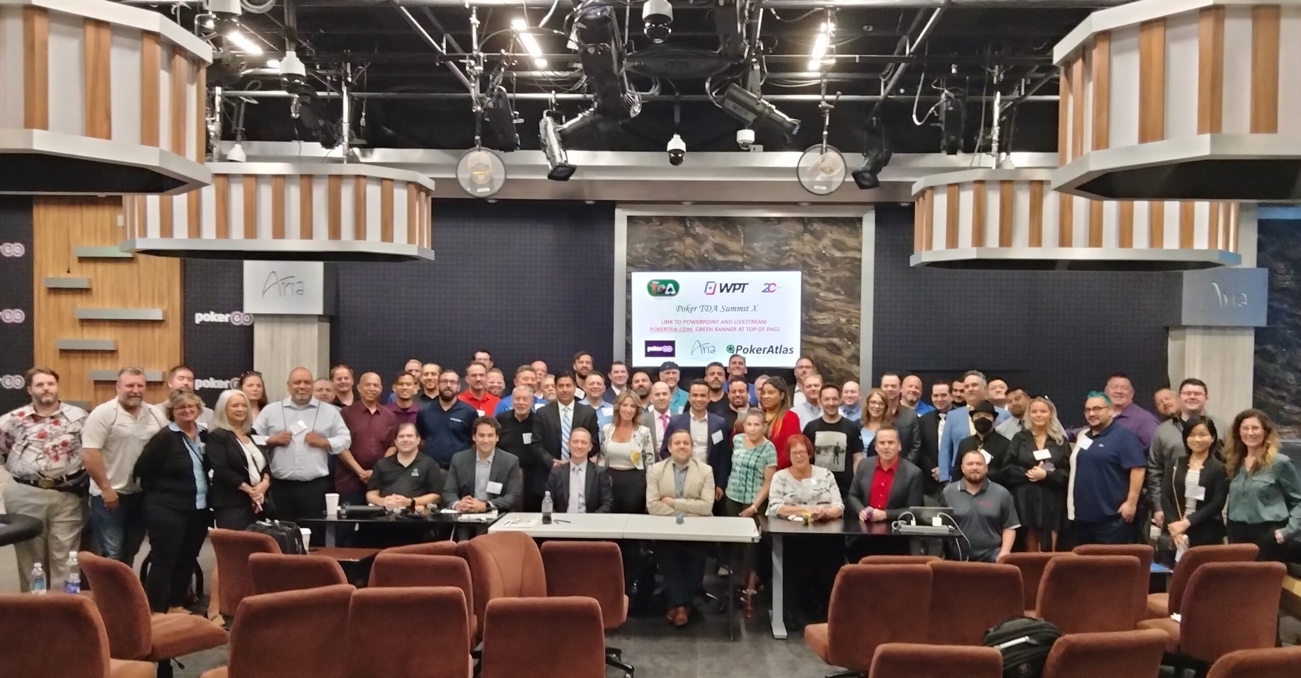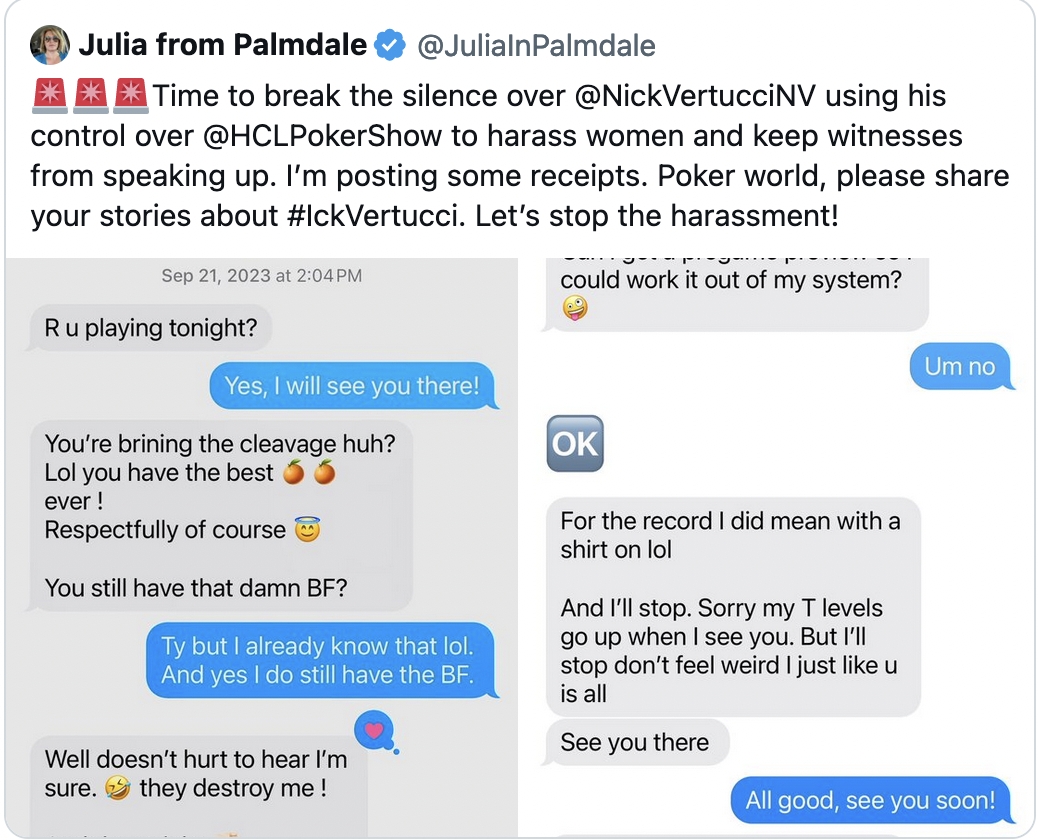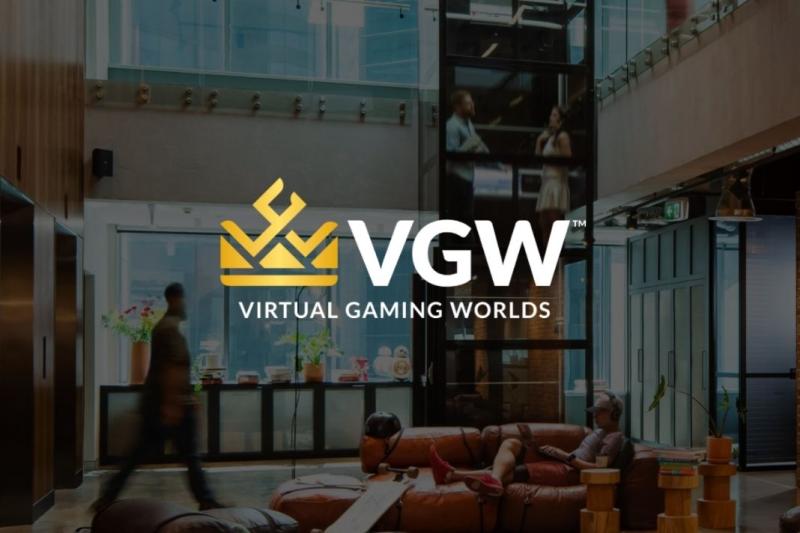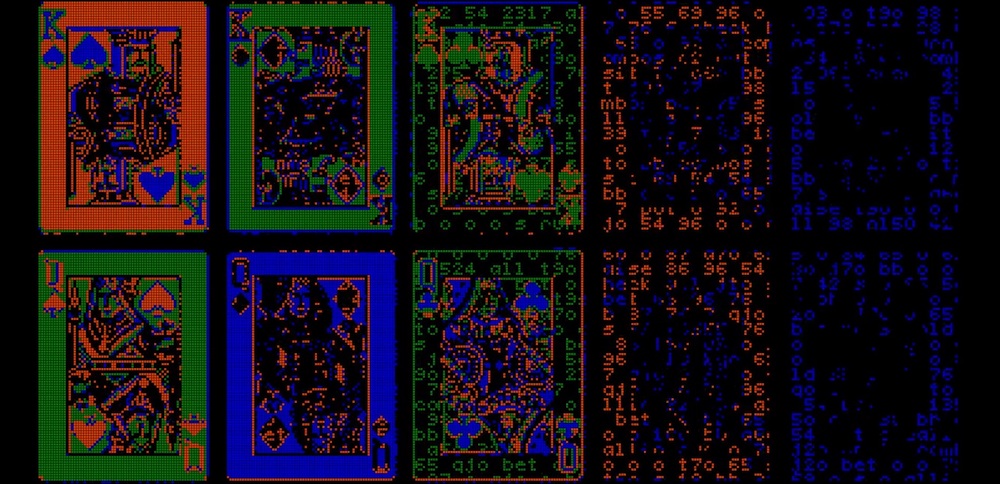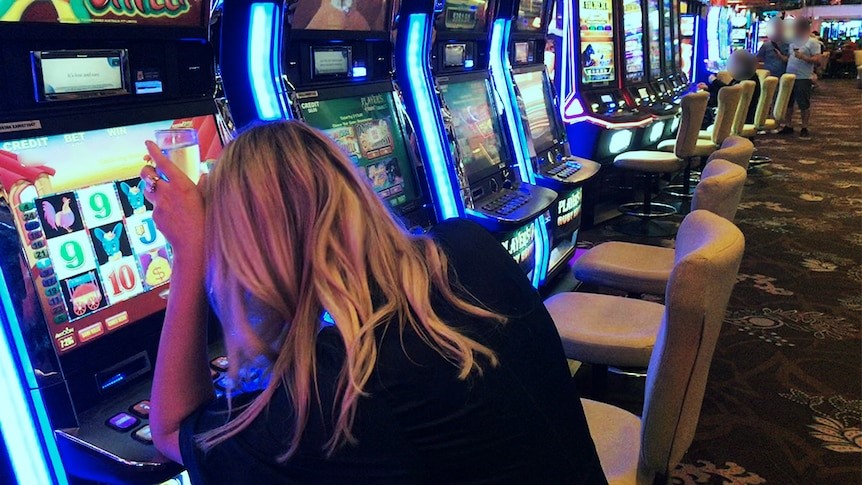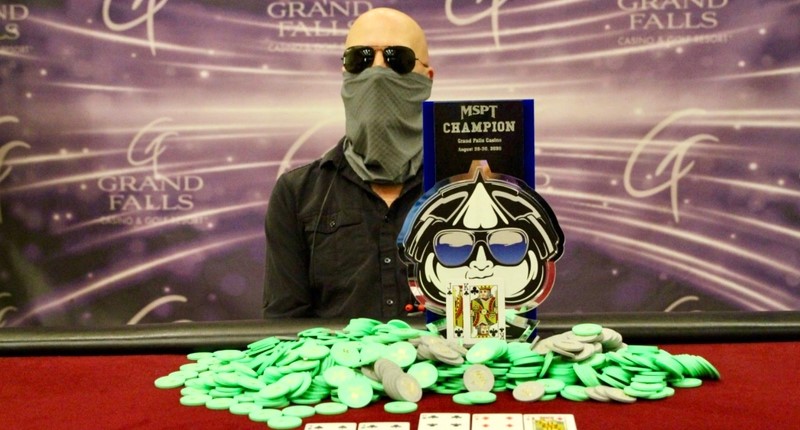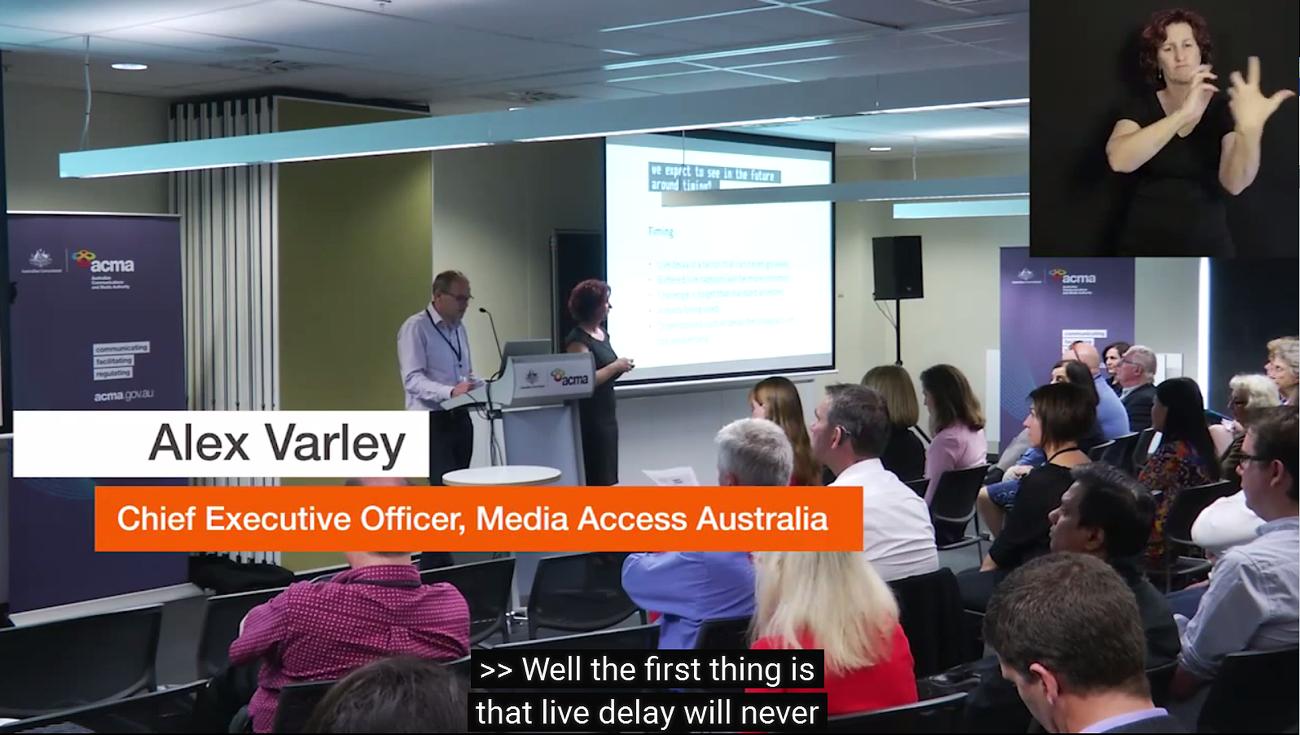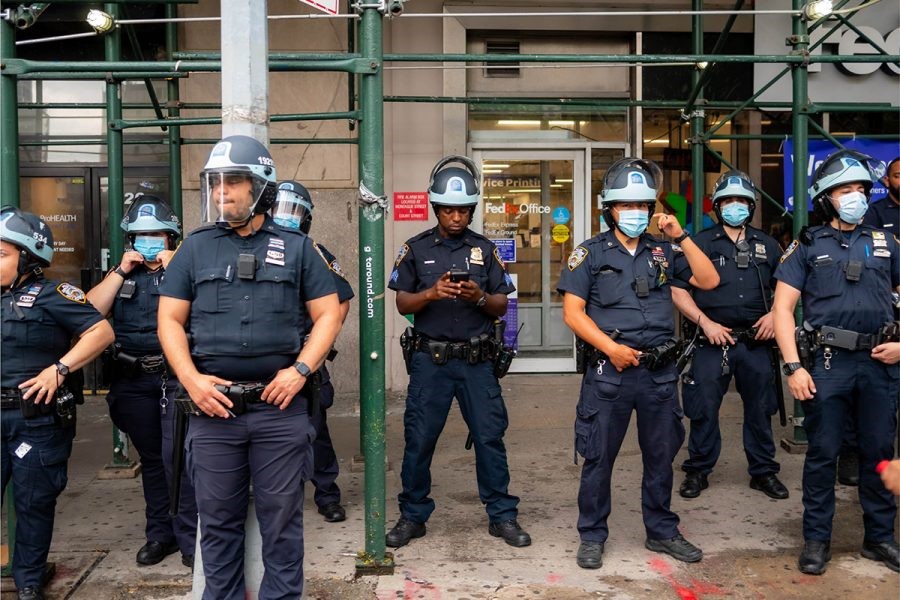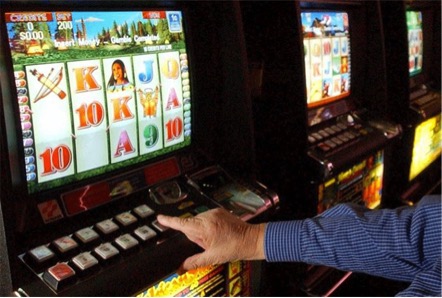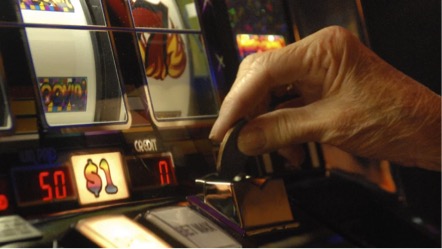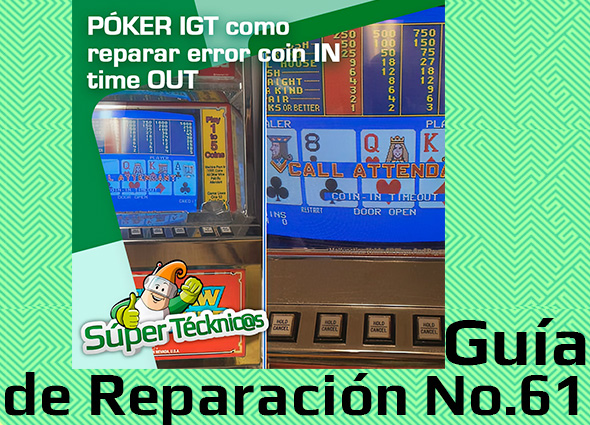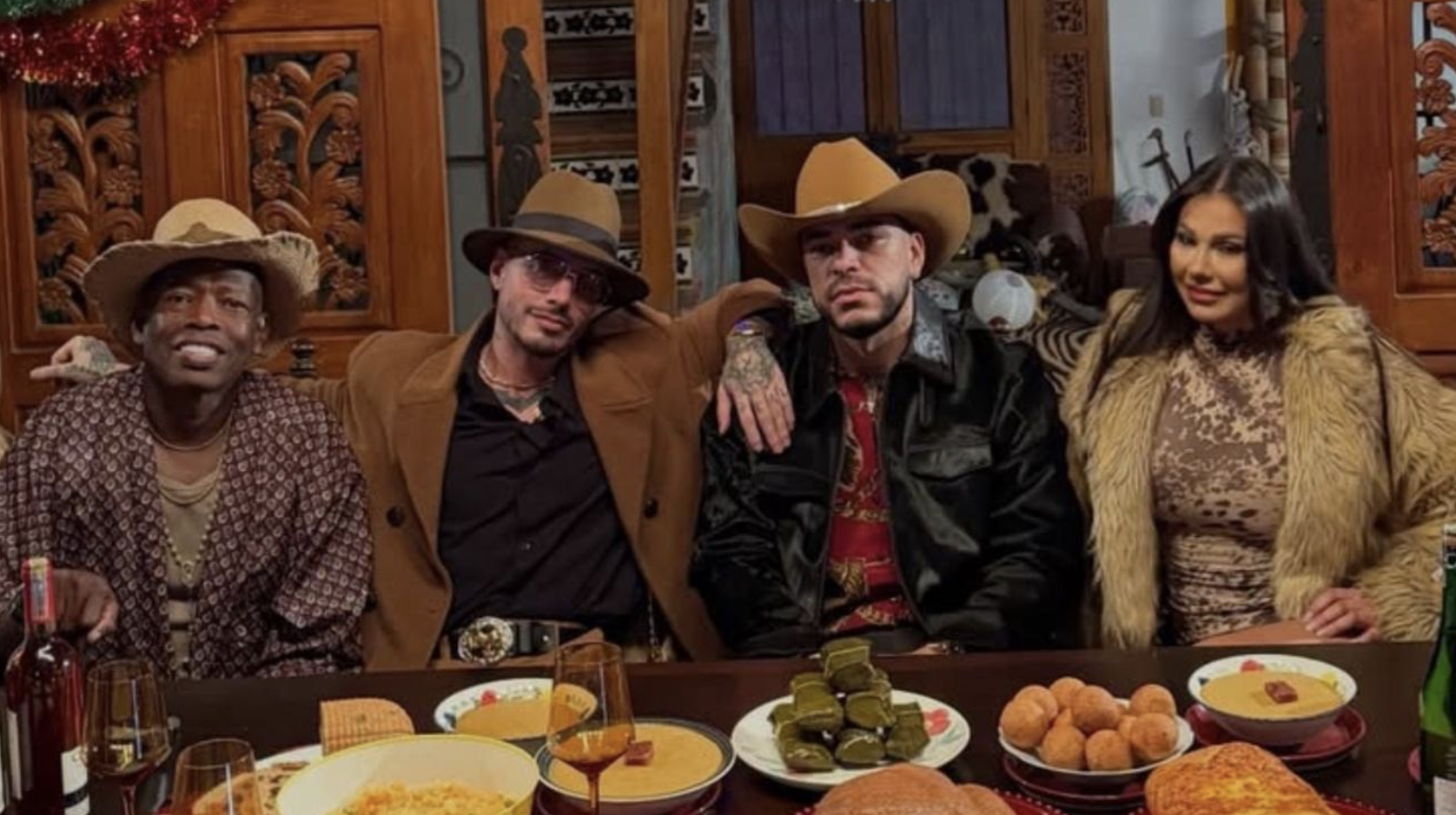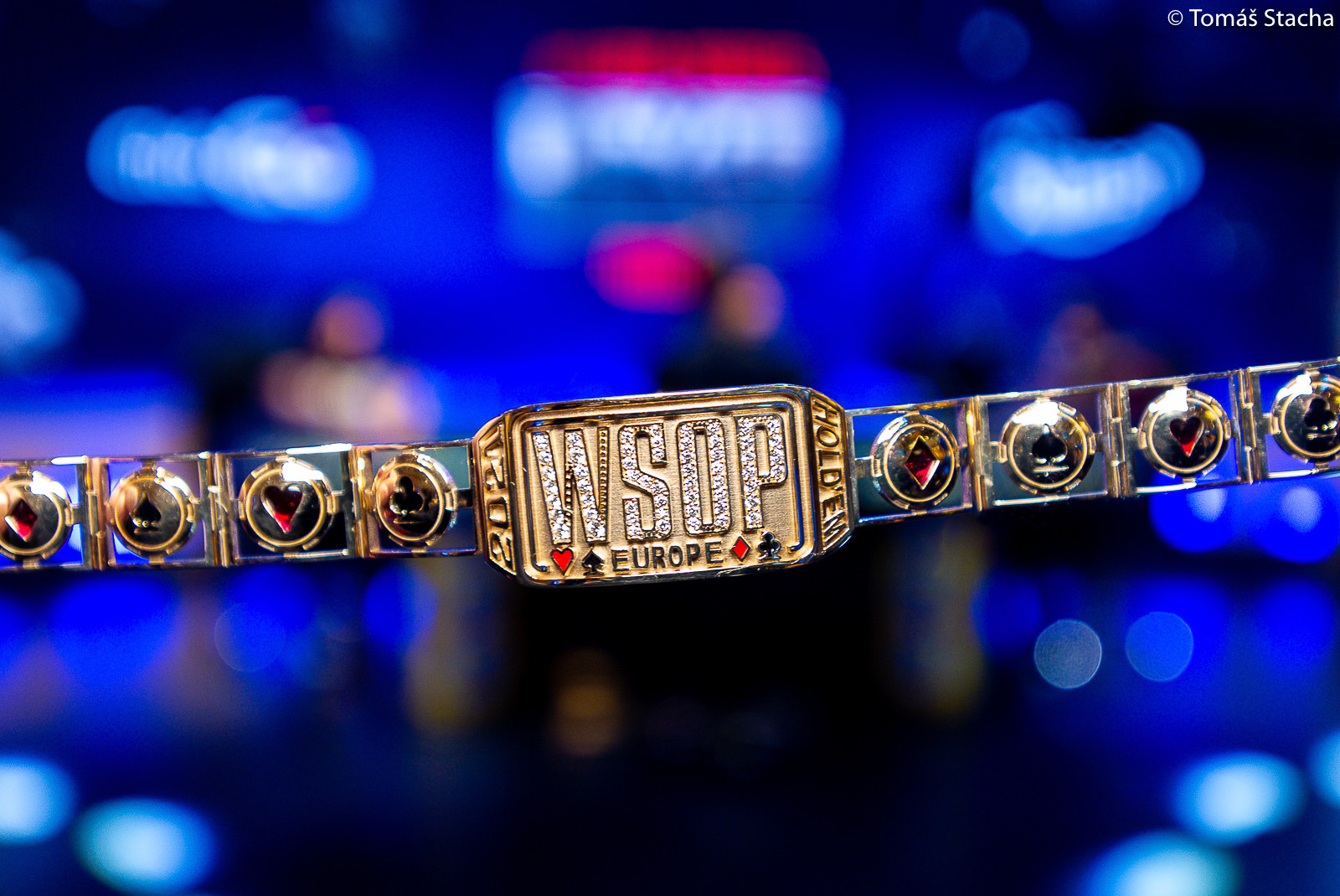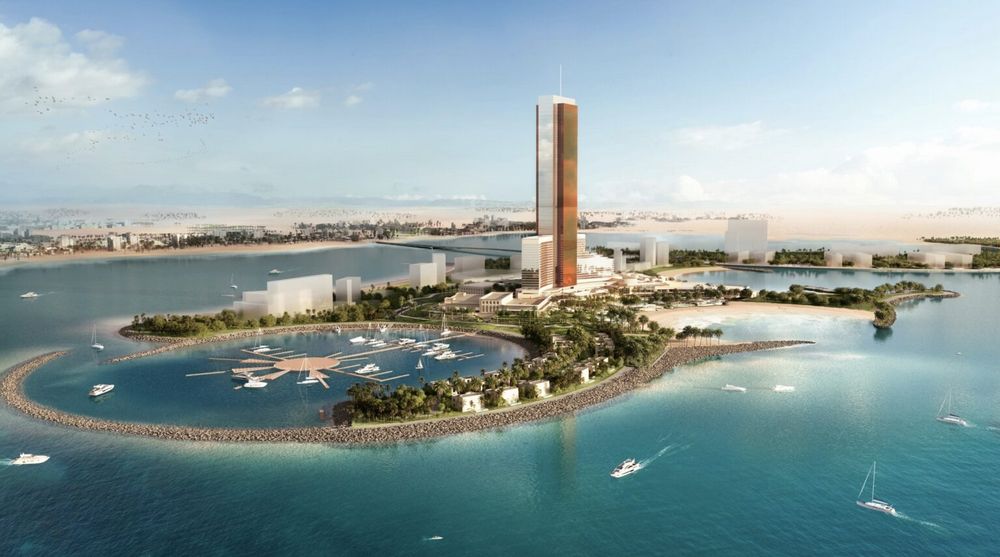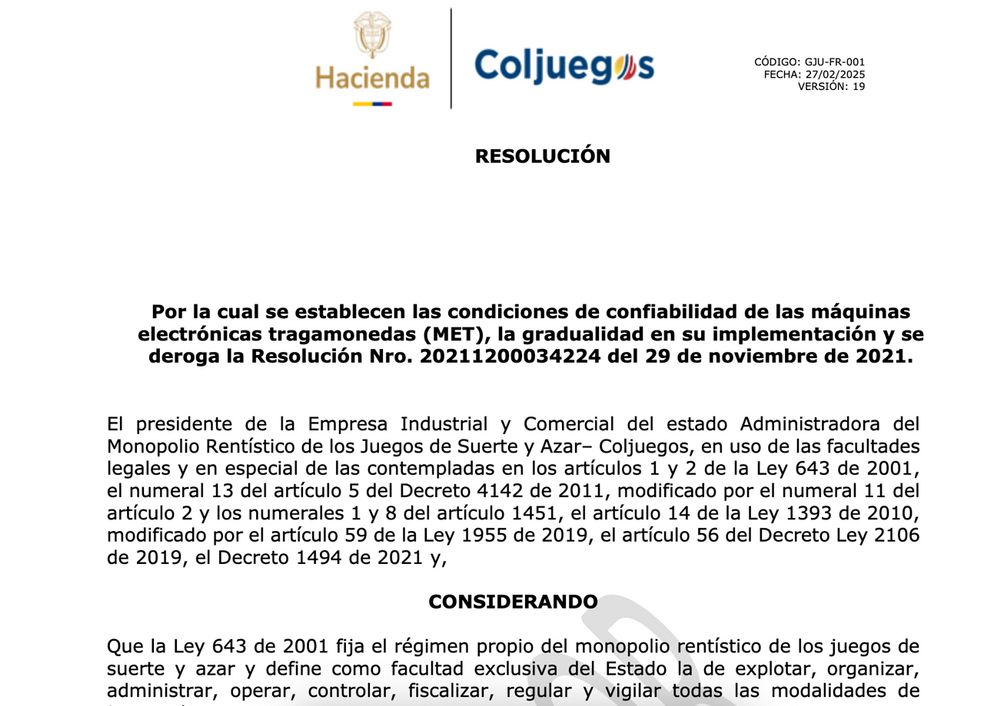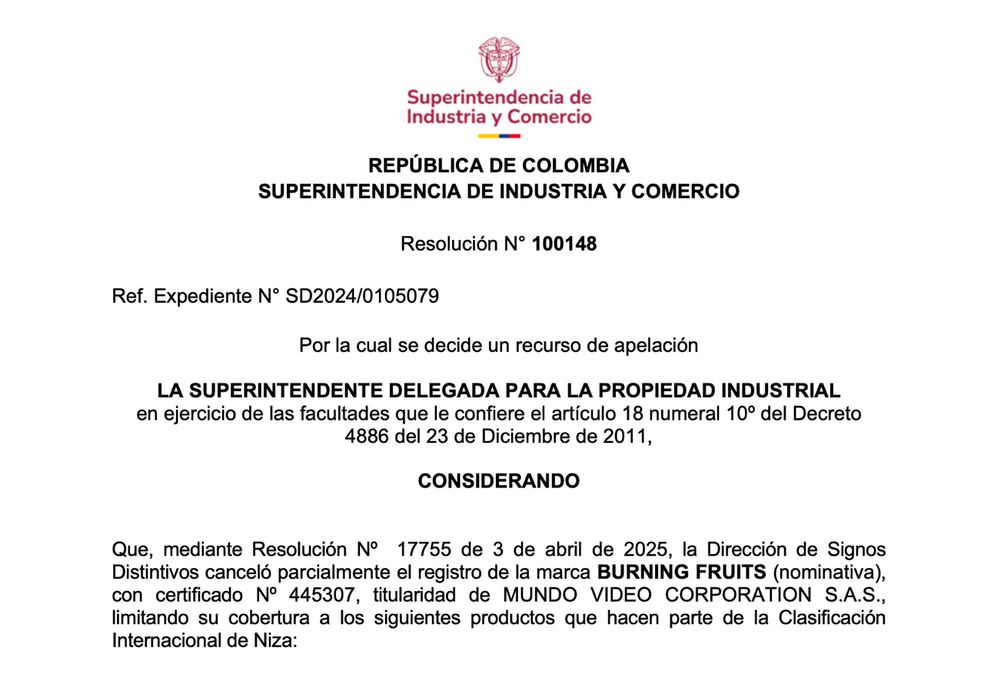One family company has held the monopoly on poker machine licenses in Australia's poorest state for 25 years. This is how it happened. The Tasmanian government committed to breaking up Federal Group's monopoly over poker machine licenses at the 2018 state election.
In a press release in October, Finance Minister Michael Ferguson said the government's reforms would mean "more money for essential services such as health and education, certainty and security for jobs in pubs and clubs, more support for problem gamblers and less for the Federal Group".
After several rounds of consultation and hours of debate, its legislation looks likely to pass through the state's Upper House early this week.
From July 1, 2023, venues would be able to own or lease their own poker machines for the first time. According to a fact sheet on Treasury's website, the new model would allow venues to retain a greater share of pokies revenue and "have more choice in how they run their … gambling business".
Anti-pokies advocates fear this change will encourage competition between venues, while the former head of the state's Liquor and Gambling Commission has warned it will be more expensive to monitor and regulate.
Gambling licences would be awarded on a 20-year basis, with all to expire in 2043, and, although the tax rate for poker machines in hotels and clubs would rise if the legislation passes, it would remain static for the life of the agreement.
While the government has made much of financial losses forecast to be suffered by long-time monopoly poker machine operator Federal Group, estimated at $25 million a year, the reforms were actually proposed by the Sydney-based business in a submission co-written with the Tasmanian Hospitality Association during a 2017 Legislative Council inquiry into gambling reform.
The government has promised to investigate introducing facial recognition technology to help workers identify gamblers who have self-excluded.
Proposing the introduction of facial recognition technology, Labor finance spokesman Dean Winter said one operator had a "folder full of faces" to identify.
"It is impossible to know how many are not being identified by staff, because it simply is too difficult to do that job," he told parliament.
Facial recognition technology is required in South Australian venues with more than 30 poker machines.
No Copyright infringement intended. Video/Photo Unknown Direct for credits/issue or text us +57 3606412 ... | Respect to Photographers & Influence









